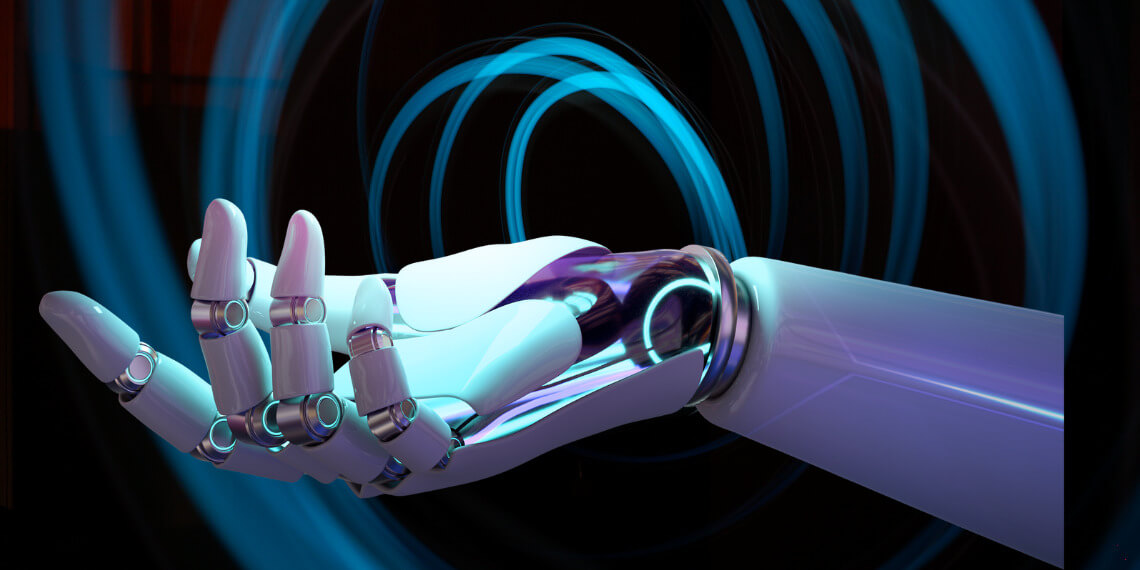During a meeting with South Korean President Yoon Suk Yeol, OpenAI CEO Sam Altman pushed South Korea to lead chip manufacturing for AI technologies. Altman stated his desire to work with significant chipmakers like Samsung Electronics and to finance Korean startups. He stressed how crucial chips are to progressing AI research and creating international standards.
OpenAI CEO seeks partnerships with Korean chipmakers
On June 9, Sam Altman, the CEO of ChatGPT creator OpenAI, met with South Korean President Yoon Suk Yeol and pushed South Korea to take the lead in producing the chips required for AI technology. Altman has indicated a desire to partner with larger chipmakers like Samsung Electronics and invest in Korean startups.
honored to discuss ai with President Yoon. first visit to 🇰🇷—such a wonderful country! pic.twitter.com/Ev3PSMx9cW
— Sam Altman (@sama) June 9, 2023
To encourage AI projects and work toward establishing worldwide standards, the CEO reportedly advised South Korea to concentrate on chips and relax corporate restrictions. This is because both system semiconductors and memory chips are necessary for AI.
Altman has expanded his trips to Israel, Jordan, Qatar, the United Arab Emirates, India, and South Korea. Altman recently embarked on a journey throughout Europe to connect with politicians and leaders to discuss the potential and challenges of AI.
Altman announced his plan to raise investment in Korean businesses at a conference in Seoul by saying, “We are actively exploring avenues to increase our investment in Korean startups.”
When asked about potential partnerships with South Korean chip makers like Samsung Electronics and SK Hynix, Altman confirmed ongoing negotiations and indicated his desire to take the conversation further. Samsung Electronics, based in Korea, controls more than 40% of the market for dynamic random access memory chips, according to Nikkei Asia.
According to Altman, using AI necessitates transferring substantial amounts of data, which raises the need for memory chips. He noted that OpenAI now uses chips from Taiwan but that there would be a requirement for a supply of chips from Korea in the future.
Following the release of ChatGPT by OpenAI with assistance from Microsoft, generative AI has quickly advanced and been widely adopted, causing legislators worldwide to develop rules addressing the safety implications of the technology.
While American politicians have submitted two new bipartisan legislation addressing issues of openness and creativity in AI, the European Union is making headway with its draft Artificial Intelligence Act, which is anticipated to be passed this year.
When ChatGPT was first introduced, Altman praised how Koreans experimented with it and embraced it, noting that they were among the service’s early users and displayed astounding ingenuity.
The CEO revealed that OpenAI is actively involved in opening an office in Japan. He added that it would think about creating more offices globally as part of its plans.
AI takes center stage in the the future of OpenAI
Altman stated that while he plans to establish an office in Japan, he will first focus on fostering alliances amongst companies in Korea. He added that he is thinking about expanding his global office network. According to him, OpenAI’s goal is to ensure that artificial intelligence may be used fairly and safely.
Since Microsoft Corp (MSFT.O)-backed OpenAI introduced ChatGPT last year, generative AI has grown quickly in popularity and use, prompting legislators worldwide to draft legislation to address safety issues related to the technology.
While the United States is leaning toward adapting current laws for AI rather than developing new legislation, the European Union is moving forward with its proposed AI Act, which is anticipated to become law this year.
Yoon reportedly told Altman that due to the rapid pace of technological advancement, it is crucial to swiftly establish international standards for mitigating potential side effects related to ChatGPT.
South Korea ranks second in Asia-Pacific for digital competitiveness
According to the International Institute for Management Development (IMD), cited by the science ministry on Wednesday, South Korea’s position in terms of the competitiveness of its digital technology increased to No. 8 this year.
South Korea tops global innovation ranking again while the U.S. falls https://t.co/0nB2tzSIy2 pic.twitter.com/XDeV8M3OjD
— Bloomberg Technology (@technology) January 23, 2018
The ministry claims that South Korea moved up four places from last year’s ranking of 12th in the 2022 IMD World Digital Competitiveness Ranking. In 2017, the nation came in at number 19; in 2018 and 2019, it rose to positions 14 and 10, respectively.
After Singapore landed the fourth position, South Korea was ranked second highest among the Asian-Pacific nations. Regarding digital competitiveness, Denmark ranked first, followed by the United States in second place.





